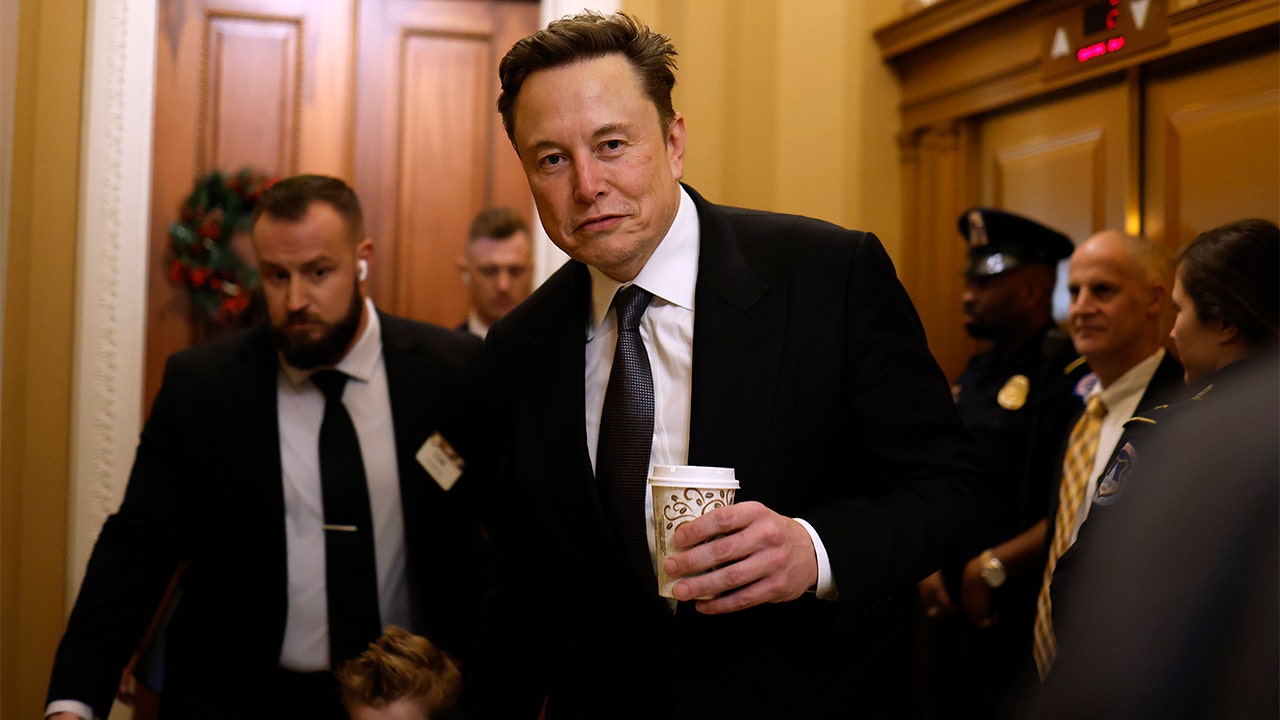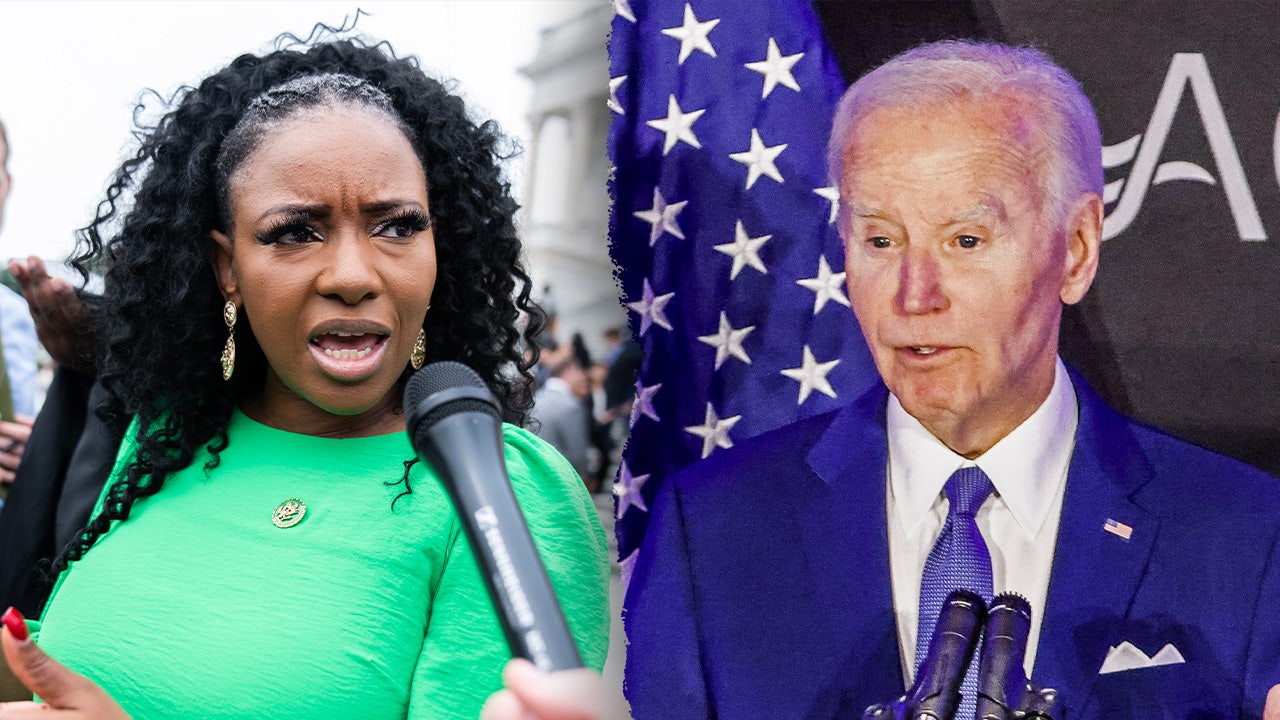Federal judge rules not to immediately block DOGE access to Labor Department systems

Federal Judge Denies Immediate Block on DOGE Access to Labor Department Systems
In a recent development, U.S. District Judge John Bates has decided not to immediately block the Department of Government Efficiency, also known as DOGE, from accessing systems at the Labor Department. Despite concerns about DOGE’s alleged conduct, Judge Bates stated that the labor unions who filed the lawsuit have not provided evidence of any legal injury to warrant an immediate block.
The lawsuit against DOGE stems from the Labor Department’s investigations into companies owned by Elon Musk, such as SpaceX and Tesla. The unions claim that the department holds records on these investigations, as well as information on these companies’ competitors’ trade secrets. Additionally, the department’s Occupational Safety and Health Administration has investigated and fined SpaceX and Tesla over worker safety issues.
The Labor Department’s systems contain sensitive information, including medical and financial records of millions of Americans who have filed safety complaints about their employers. The ruling comes after the Trump administration agreed to prevent DOGE from accessing the Labor Department until a court decision was made.
DOGE, led by Elon Musk, had previously gained access to sensitive Treasury Department payment systems. However, a judge has since blocked this access to Treasury records containing personal data such as Social Security and bank account numbers for millions of Americans. DOGE has also made significant changes, including dismantling the U.S. Agency for International Development and offering financial incentives for federal workers to resign.
Labor union lawyers, represented by the advocacy group Democracy Forward, have accused DOGE of violating multiple laws and protections. They claim that DOGE’s actions, from exceeding constitutional limits on executive power to threatening civil servants and mishandling government data, are unlawful.
Despite these allegations, the Justice Department has stated that there is no evidence of wrongdoing by DOGE. They argue against issuing a broad order based on speculation and rank speculation that the Labor Department will violate the law. Nineteen states have also filed lawsuits over DOGE’s access to federal payment systems.
In conclusion, the legal battle surrounding DOGE’s access to sensitive government systems continues to unfold. The outcome of this case will have far-reaching implications for government data protection and accountability. Stay tuned for further updates on this developing story.
(The Associated Press contributed to this report)




